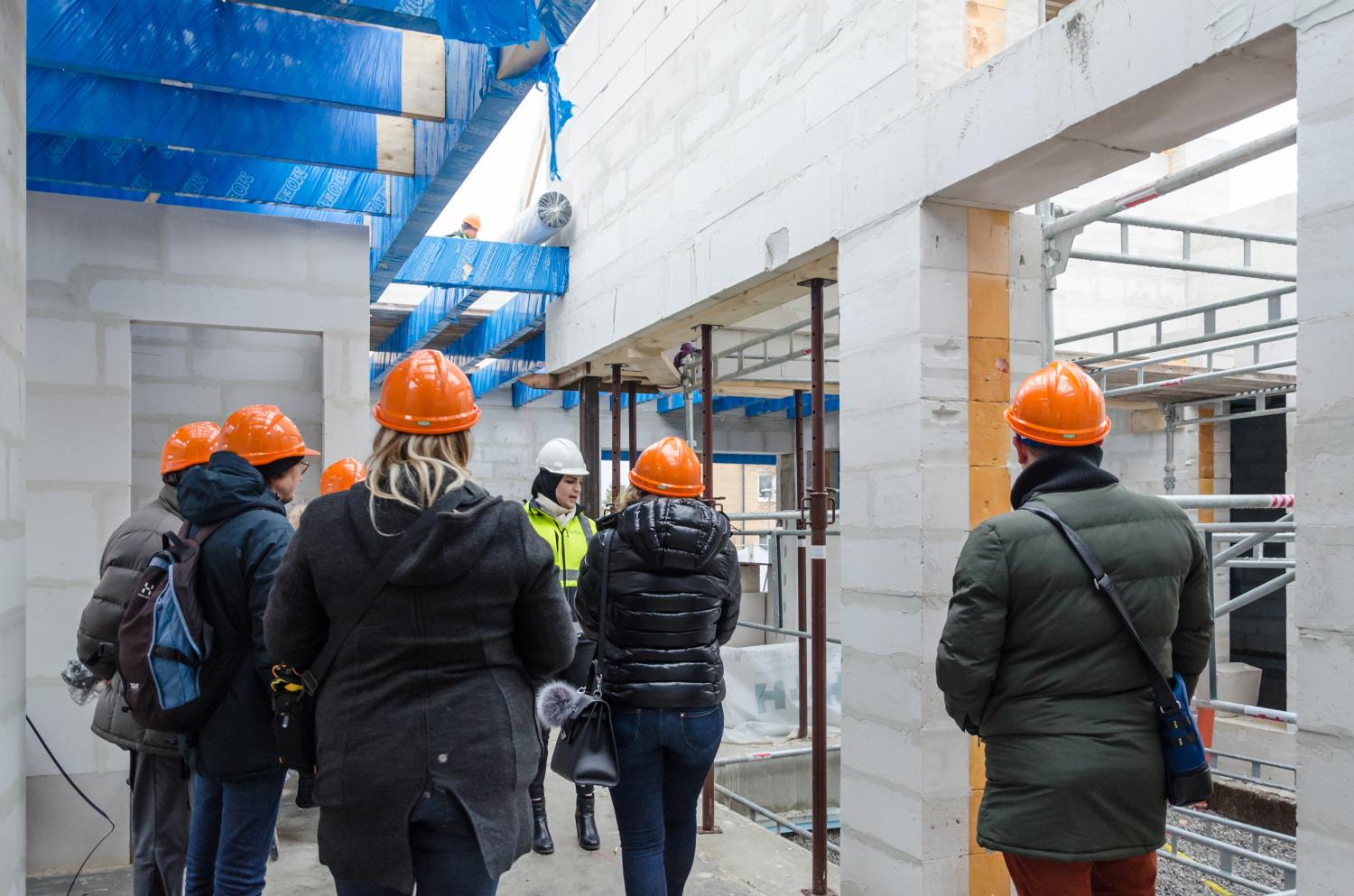This paper was prepared for the December 12, 2019, conference on “Automation, Labor Market Institutions, and the Middle Class” for the Brookings Institution, Future of the Middle Class Initiative.
Abstract:
Technological change has contributed to declines in the employment shares of routine occupations, such as office clerks and industrial workers. Less clear, however, is whether organized labor mitigates the pace and consequences of technological change for workers in routine occupations. This study investigates the extent to which union membership affects the employment and earnings trajectories of workers in routine jobs. Using data from the Panel Study of Income Dynamics (PSID) spanning 1970 to 2015, this study employs individual fixed effects and propensity score matching estimates to assess the effect of union membership on the likelihood that an adult in a routine job (1) remains employed in a routine job for a longer duration of time, (2) avoids unemployment, and (3) achieves higher earnings over time relative to non-unionized routine workers. The results demonstrate that union membership contributes to a 13 percentage point increase in the likelihood that a worker in a routine occupation remains in that occupation during the two decades after obtaining the job, a 5 percentage point decrease in the likelihood of becoming unemployed, and a 4 percentage point decrease in the likelihood of earning below 50 percent of national median earnings. Results are broadly consistent across decade, age group, race/ethnicity, sex, and level of educational attainment. The findings suggest that organized labor is an important actor in shaping the pace and social consequences of technological change.







